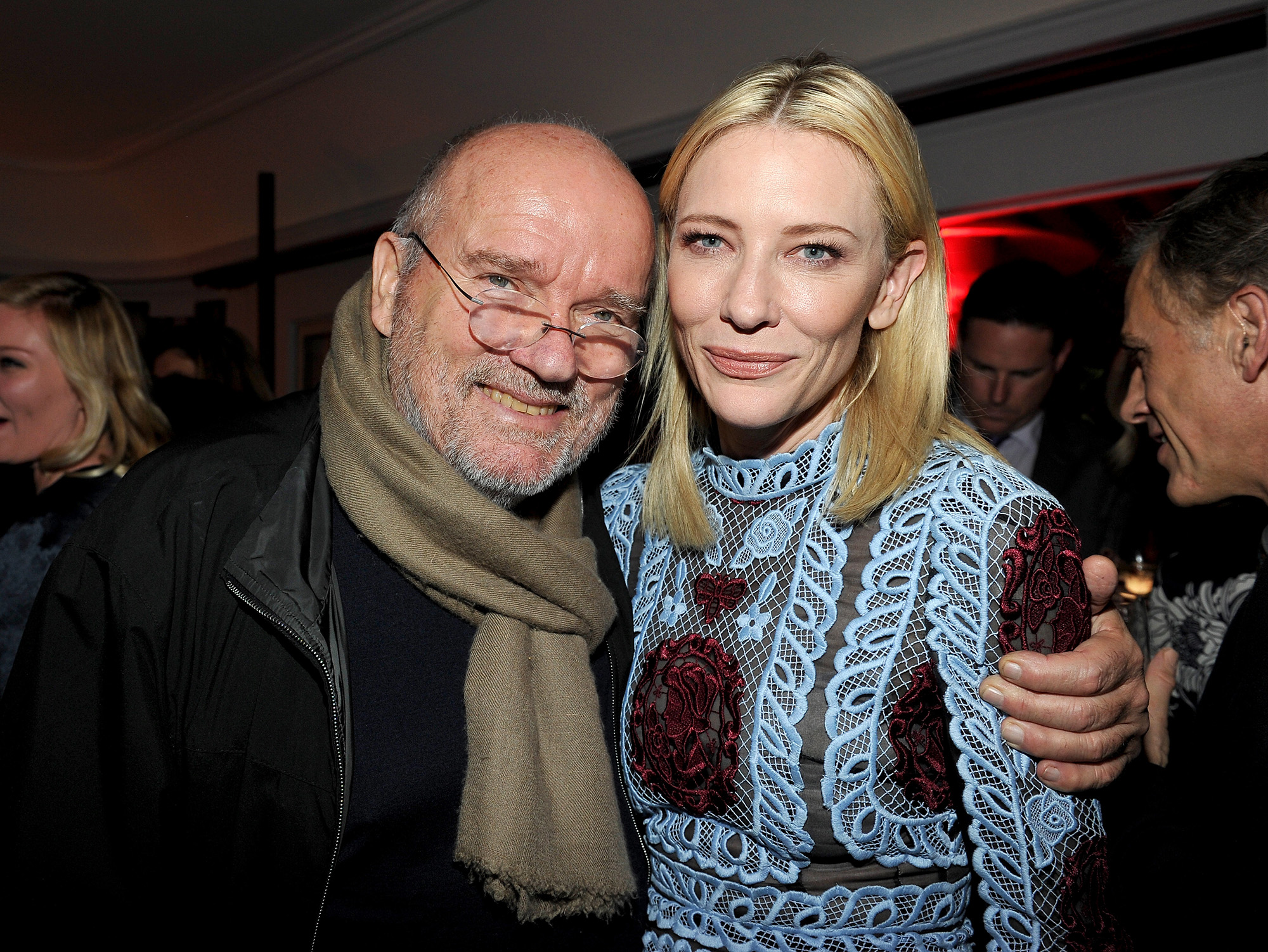
The ’90s have been heralded as the age of the supermodel, back when stars like Naomi, Linda, Christy, Kate and Cindy were household names. The photographer who is often associated with this period in fashion history is a soft-spoken German man by the name of Peter Lindbergh. But he tends to scoff at the fashion industry’s habit of idolizing youthful beauty, asking one very pragmatic question:”Why should you be young?”
It’s Lindbergh’s compelling photography that helped many fashion mavericks get their big breaks: he shot the cover of Anna Wintour’s debut issue as EIC of Vogue, lensed the famous Calvin Klein “Eternity” campaigns and even inspired George Michael’s video for “Freedom! 90” which famously featured many of those iconic models.
Now, with over four decades to his credit as one of the world’s most pursued photographers, Lindbergh is returning to one of the most coveted gigs in the fashion industry — shooting the annual Pirelli calendar. This marks Lindbergh’s third time photographing it, a first in 50 years for the franchise (Pirelli changed its policy about photographers shooting more than twice just for Lindbergh.) With the calendar slated to make its debut later this fall, Lindbergh sat down with TIME to discuss his vision, what’s changed since he was shooting during the golden age of supermodels and to share some behind-the-scenes shots of the Pirelli shoot.
TIME: This is your third time shooting the Pirelli calendar — what will you be doing differently now than you have in the past?
Peter Lindbergh: Pirelli told me, “You don’t have to do nudity,” which was nice because I think it’s pretty boring to do these calendars with nudity all the time. And then I thought, this is a possibility for me to show how beauty should be treated today because beauty today has been kidnapped by commerce. And we start to believe that all these magazine pictures of women and clothes are beautiful. And I don’t think so. Or these over-retouched monsters, they all want to be perfect. I mean, no one is interested now in anything interesting or intelligent that is beauty. They just think beauty is perfect and everyone does the same thing. So I thought I would take women everybody knows, actresses, in a very sensible way, and show that beauty is about that sensibility, is about emotions, all these elements are more important than perfection and youth.
People think feminine is when you retouch everything you ever saw out of your face and then you look great. So that was the idea of the calendar to be like, “Hey guys, is that really beauty?” I don’t think it is. And I know that it is not. That was the mission.
I know that you shot some amazing actresses like Nicole Kidman, Robin Wright and Penelope Cruz. Why did you cast these women specifically?
I know these actresses very well and for a very long time. At the end, they had to stand for something and do not come from bimbo movies. The joke was, I take all the people I work with, I am in love with, and I admire a lot, all the people I wanted to marry when we worked together over the past 25 years, but I didn’t have the balls to ask them.
You’re known for capturing the world’s most famous faces. Do you ever get star struck by beauty?
No, that is one of my qualities — not star struck, not impressed. Not at all. It has not always been like that. That’s great now that I’m older. When you are old, and you can achieve something like that, you can go anywhere you want and you don’t try to impress yourself or anybody. I hate when people say, “It’s an honor to meet you,” because that’s not what I want. It’s an honor to meet me, but I already know what I am, no? If it’s an honor, then I think about what I am doing tomorrow and if I become great. So if you want to do something really big and important, don’t think that way.
Why is your body of work focused primarily on woman? Would you ever consider shooting or casting a man for this calendar?
I think better with women. It has something to do with working with the opposite sex. This is a question I should find a good answer for because it is so true. But actually when I shoot men, I shoot them like objects. I shoot a lot of men. I just did a few beautiful portraits of men, but I just don’t feel that love — I should not say “love, because that sounds really awful. I don’t have that same emotion, no? There is something about the opposite sexes that is very different that makes it almost dangerous. It’s a much more complex situation. It’s not an easy situation. So many things, very different; when I shoot women, I think the entire time, “God, why didn’t I marry her?” It’s a totally different thing, you’re involved in such a different way.
You talk a lot about wanting to show vulnerability and aging as a part of the wide range of beauty. Do you also feel a responsibility to capture diversity as a part of that range, especially when it comes to the people that you are casting?
In general, yes. But for the calendar, I thought it might be better not to show all the facets of femininity, vulnerability, because it’s so hidden. The rest is all re-touched and the perfection terrorizes the world. That need for perfection is the most fickle thing. But it’s a great weapon for commerce. To make people believe that that is beautiful because who doesn’t want to be beautiful? I mean I would, but it is too much effort. Someone with commercial interests tries to make you believe that perfection is beautiful. But perfection is an insult.
I think right now we’re talking a lot about physical perfection being such a singular idea, but in terms of the fashion industry, there’s such a lack of racial diversity, so not casting or employing people of color, or body diversity, when people are only casting very thin models and such. Are these factors you considered while shooting this?
I just took women I know and I can do something with them. I don’t care if they are black, white, Asian, or Italian, or German, so that was not the issue. I know that that is going to be grilled from all the sides, but that was not the interest — the interest was women, not color or country. We took the other one and I know I can get to the point to find something interesting. That’s definitely not politically correct, is it? But that was not the point; it would be in the way of the message, which was vulnerable was beautiful.
So many of the girls that are being booked right now in fashion have big Instagram followings. How do you see your work interacting in the digital age now?
I love Instagram! For certain reasons only though — as long as you don’t use it to show the world for instance, that you have dinner with Brad Pitt. If you have something you want to say, you can reach people you would never be able to before. But to be measured in followers, that’s one of those ridiculous things because that’s again the unsensible idea of one being important, following someone. There are many reasons why someone might follow you. If you have a great butt and you show it all the time, you might have a lot of followers but it doesn’t mean anything. If you are an artist and you think you are a great artist because you have a lot of followers, then Justin Bieber would be the Leonardo DaVinci of today. So forget about the followers.
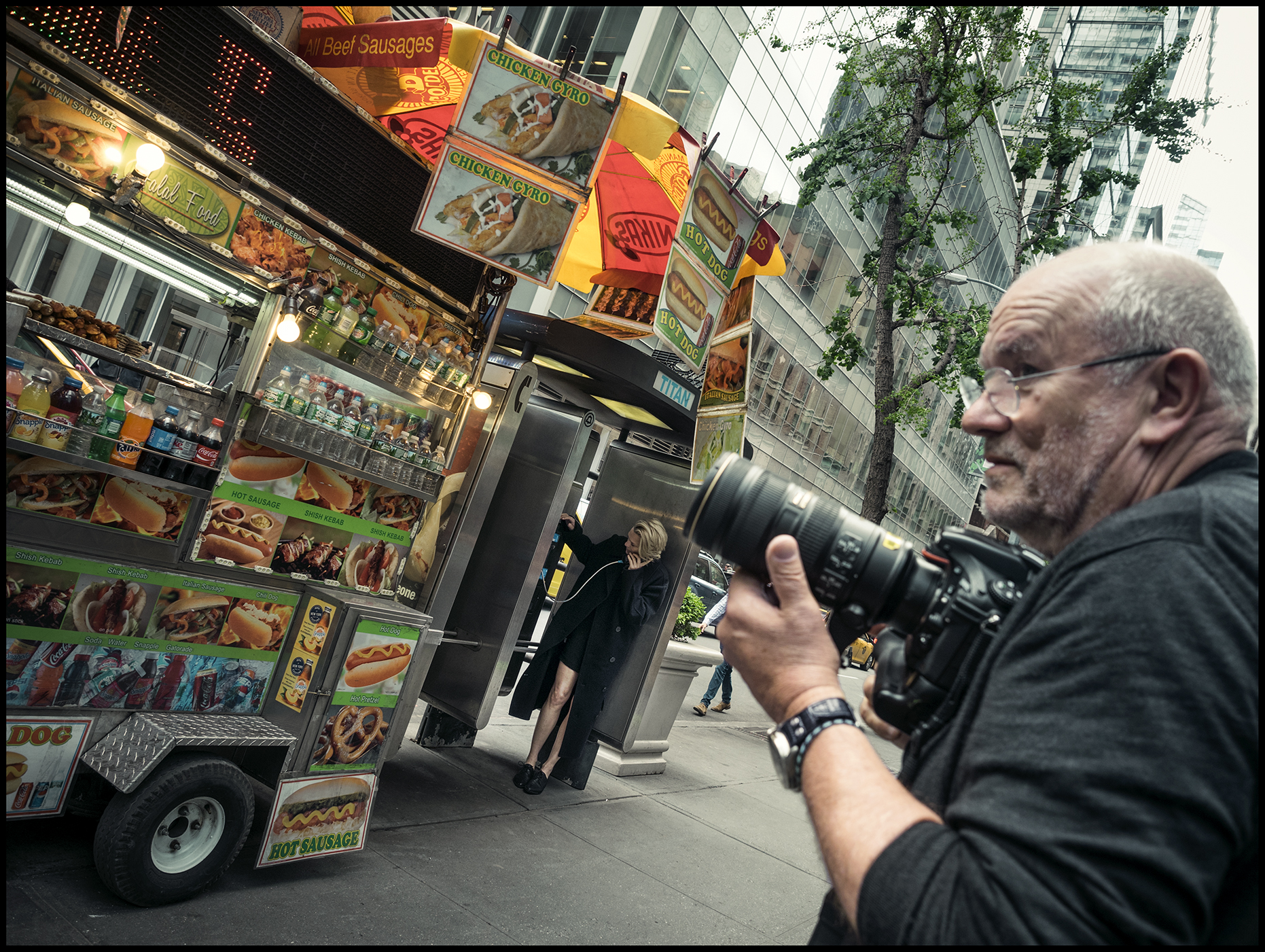
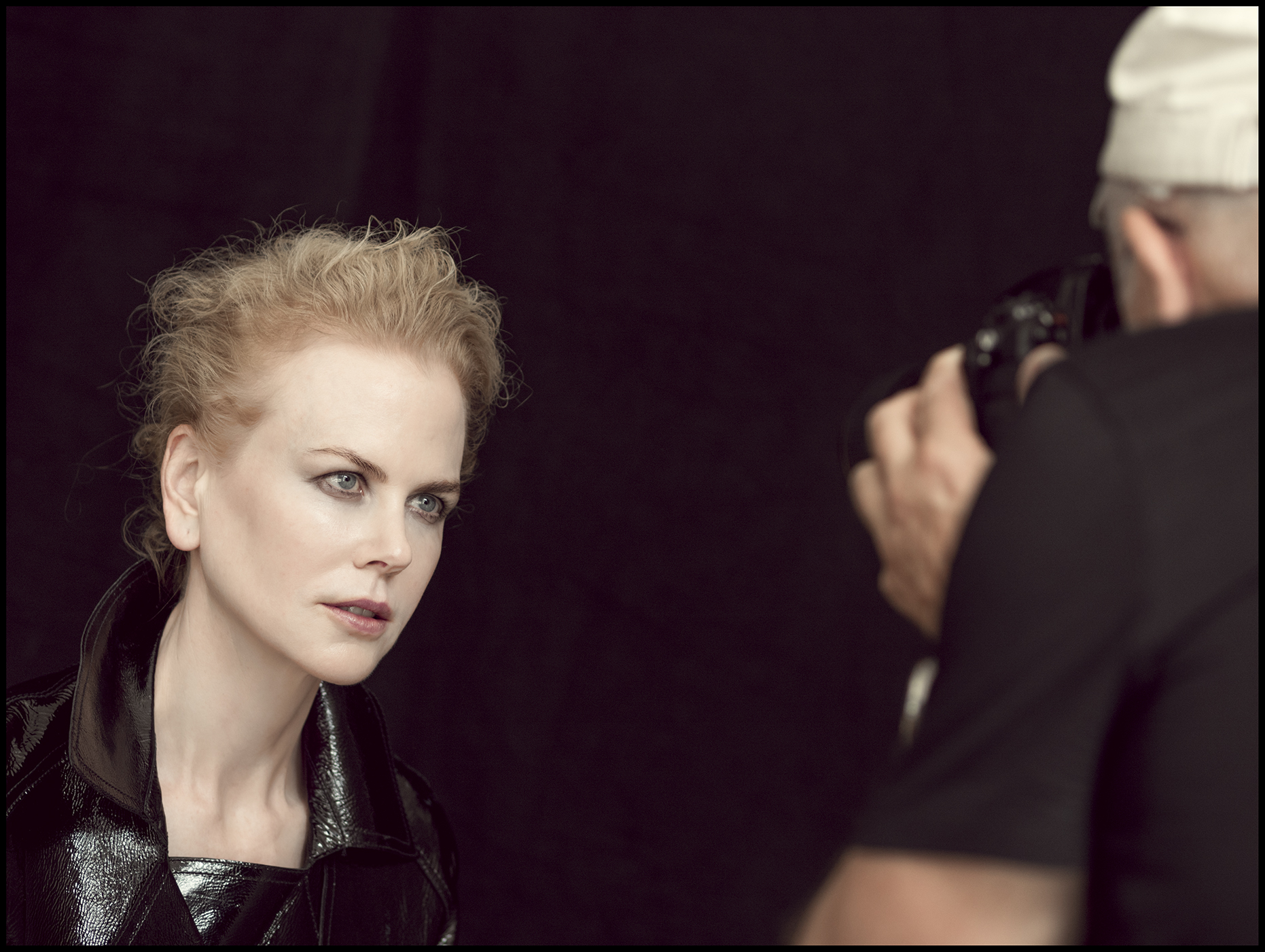
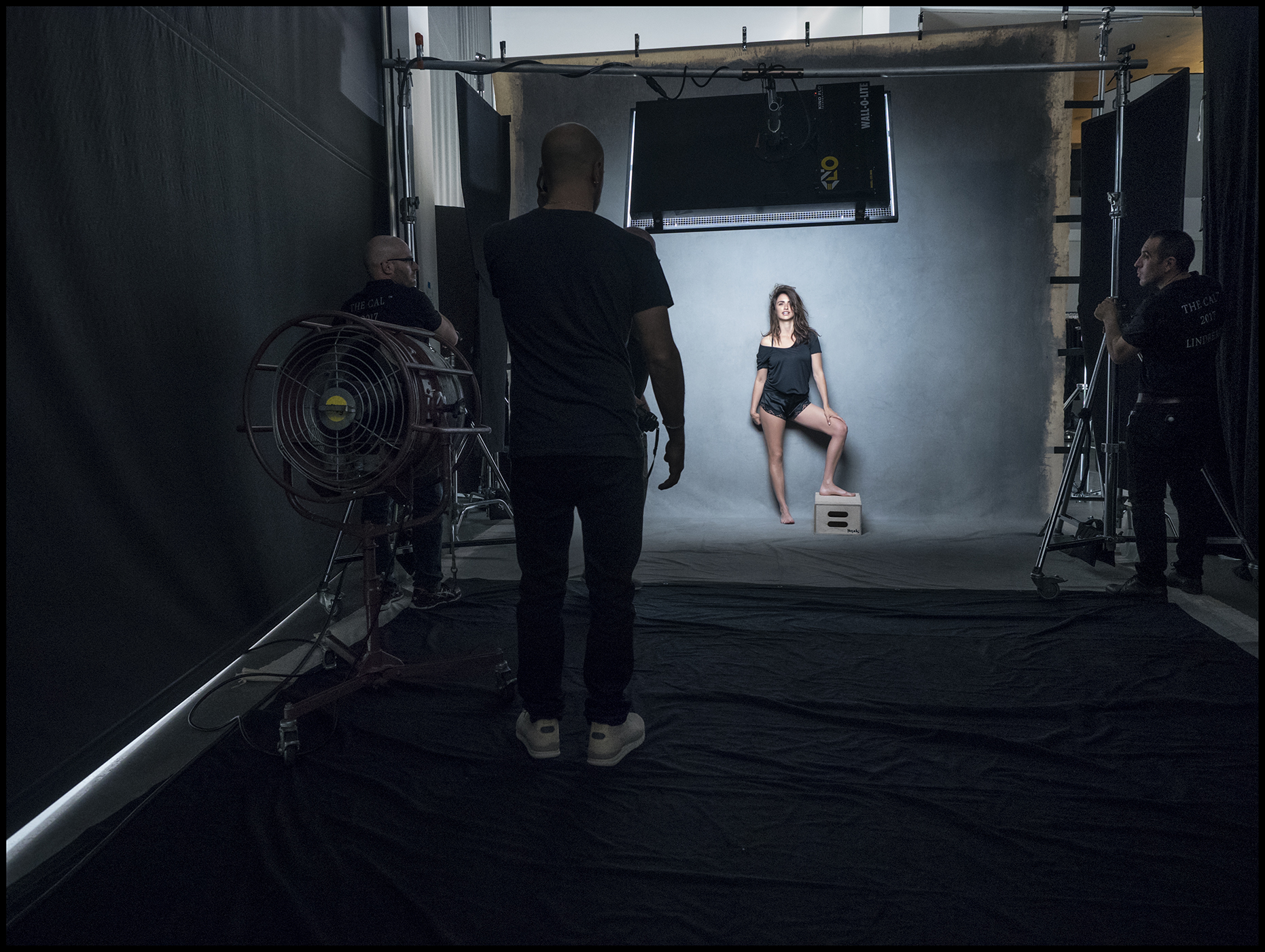
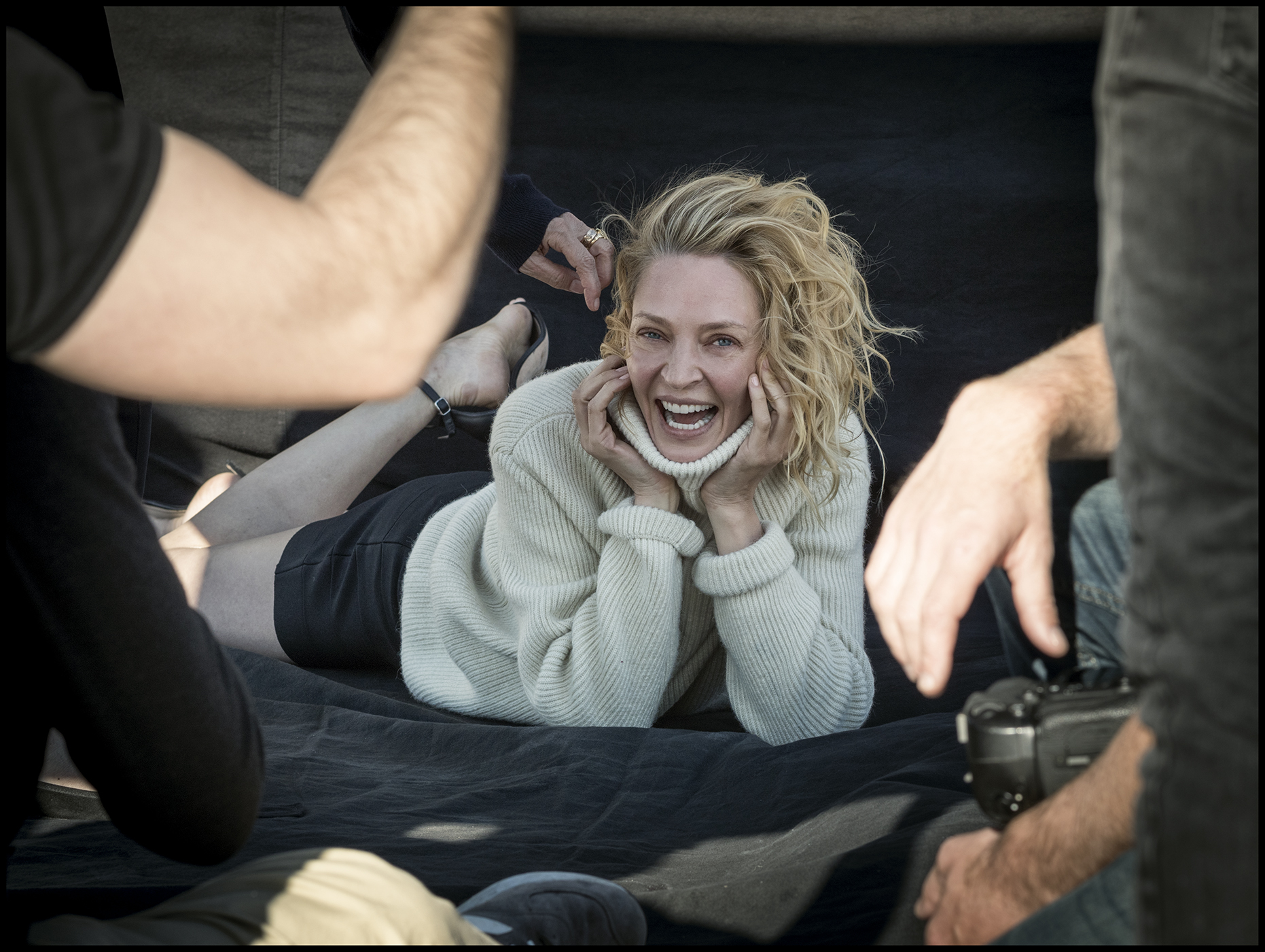
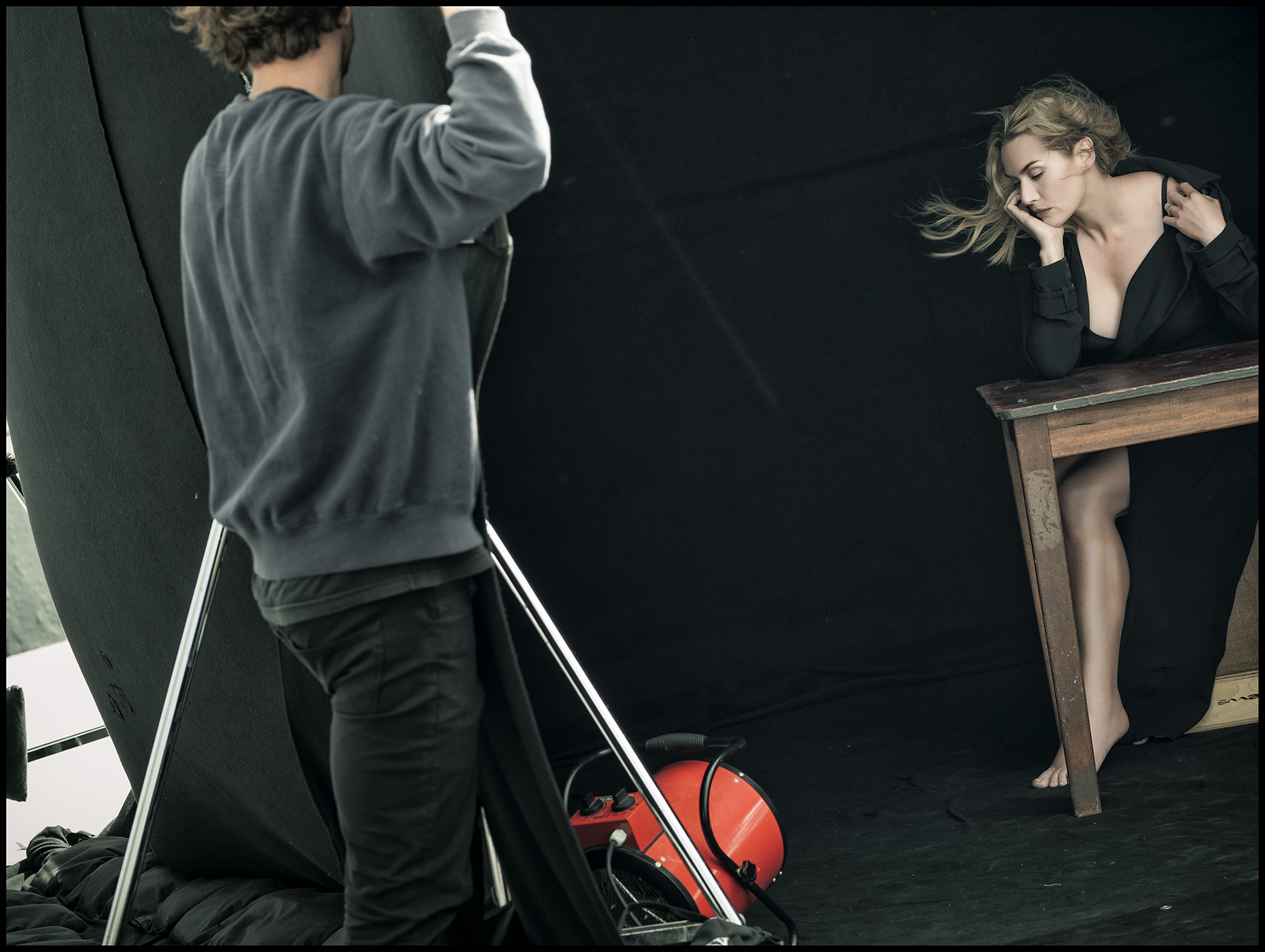
More Must-Reads from TIME
- Donald Trump Is TIME's 2024 Person of the Year
- Why We Chose Trump as Person of the Year
- Is Intermittent Fasting Good or Bad for You?
- The 100 Must-Read Books of 2024
- The 20 Best Christmas TV Episodes
- Column: If Optimism Feels Ridiculous Now, Try Hope
- The Future of Climate Action Is Trade Policy
- Merle Bombardieri Is Helping People Make the Baby Decision
Write to Cady Lang at cady.lang@timemagazine.com